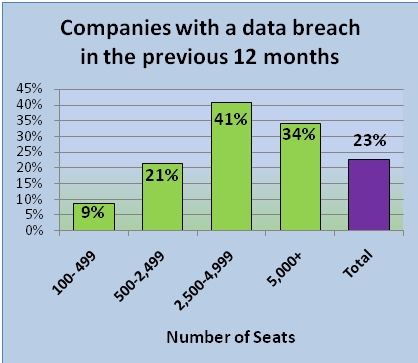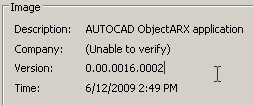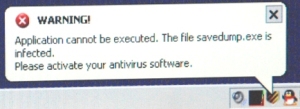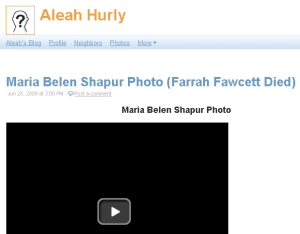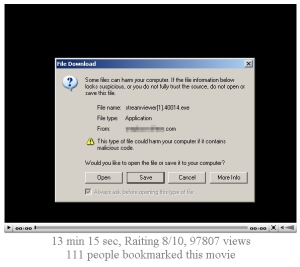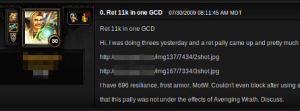 Tomorrow morning, Blizzard Entertainment (the publisher of the wildly popular World of Warcraft franchise) will kick off another BlizzCon to show off their latest projects and directly interact with their fanbase. World of Warcraft will likely take center stage at the convention, which has become the venue of choice for Blizzard to unveil their newest expansion pack for the enormously popular online role-playing game.
Tomorrow morning, Blizzard Entertainment (the publisher of the wildly popular World of Warcraft franchise) will kick off another BlizzCon to show off their latest projects and directly interact with their fanbase. World of Warcraft will likely take center stage at the convention, which has become the venue of choice for Blizzard to unveil their newest expansion pack for the enormously popular online role-playing game.
Here at Webroot we have our fair share of past and present WoW players. So we’re quite tuned in to the malware that plagues WoW and other online games. As the gaming market continues to grow at an amazing rate, so does the real-money value of (and the virtual currency stored in) game accounts used in association with those games.
Earlier this summer we shared with our readers the top ways that threats get introduced into online games and the best ways to avoid them. With Blizzcon just hours away, and the WoW servers ramping up for the surge in imminent logons to follow, we thought we’d revisit the issue to ramp up security awareness by sharing some of the more atrocious malware variants we’ve seen hitting the WoW gaming community.











































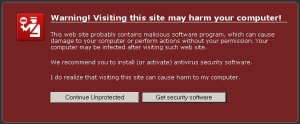
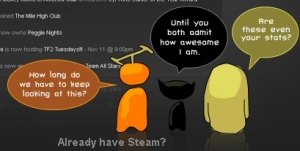
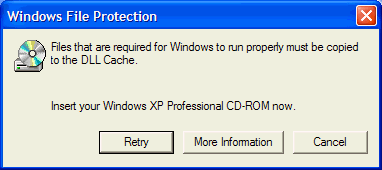 When the threat research analysts here at Webroot recently started seeing malware swapping out legitimate components of Windows and replacing them with malware payloads, I couldn’t help but wonder what these malware authors were thinking.
When the threat research analysts here at Webroot recently started seeing malware swapping out legitimate components of Windows and replacing them with malware payloads, I couldn’t help but wonder what these malware authors were thinking. By now, you’ve most likely heard about how an ESPN reporter was victimized, and that a surreptitiously recorded video was distributed online. You may also have read that malware distributors were taking advantage of the high level of interest in this video to rapidly disseminate malware by convincing people to click links to malicious Web sites, including a fake CNN lookalike site, to watch said tawdry video.
By now, you’ve most likely heard about how an ESPN reporter was victimized, and that a surreptitiously recorded video was distributed online. You may also have read that malware distributors were taking advantage of the high level of interest in this video to rapidly disseminate malware by convincing people to click links to malicious Web sites, including a fake CNN lookalike site, to watch said tawdry video.


